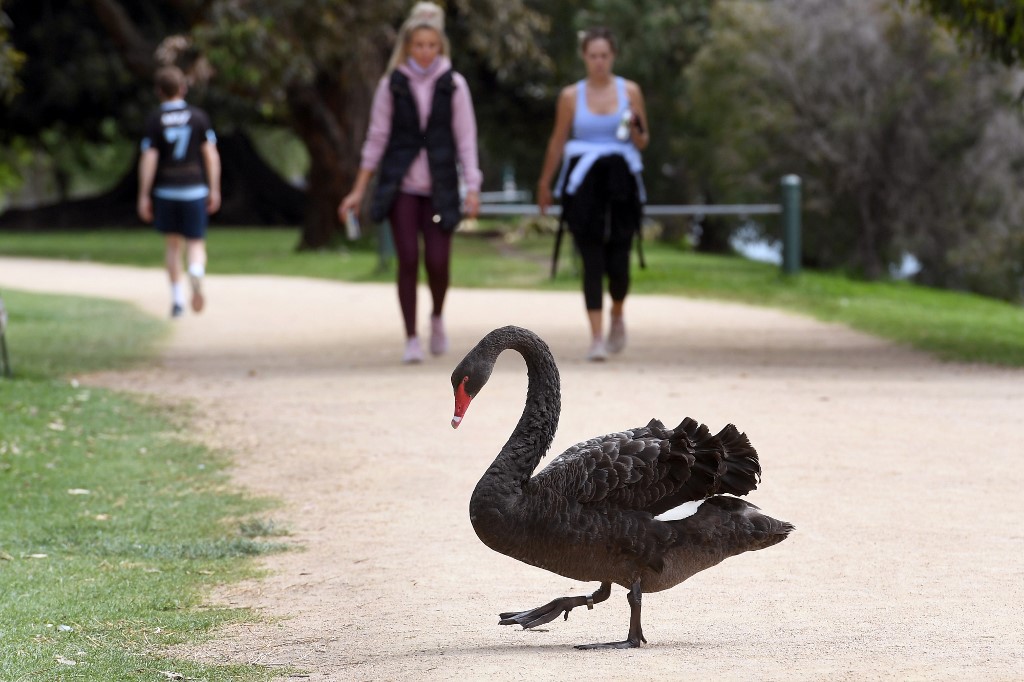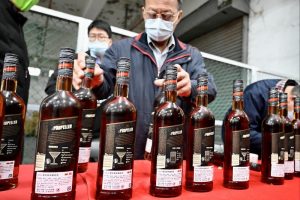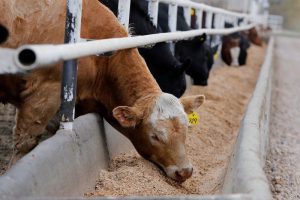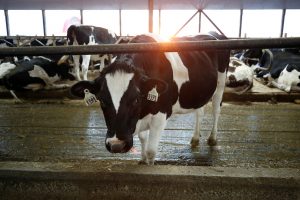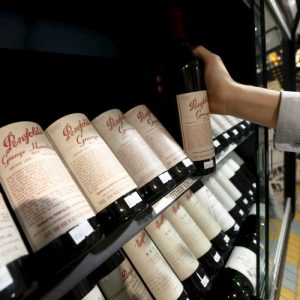(ATF) Analysts say Beijing appears to be implementing a shadow trade war against Australia.
This follows confirmation by producers and suppliers today (Oct 16) that China has now started deferring cotton imports from Down Under.
Relations between the two countries soured after Canberra accused China of meddling in its domestic affairs, and worsened when Prime Minister Scott Morrison sought an independent inquiry over the origins of the coronavirus that emerged last year in the city of Wuhan.
China is the biggest buyer of Australian cotton, which is considered the highest quality of all import origins, government and industry sources told Reuters.
“The millers essentially get a quota they can import, and essentially they’re being told they might not get their quota next year if they buy our cotton,” an Australian government source, briefed by Australian officials in China, said.
If Chinese millers continue to buy from Australia they could be hit with a tariff of 40%, added the source, who sought anonymity as he was not authorised to speak on the matter.
The suspension of cotton imports comes just days after Canberra scrambled to confirm reports that China had ordered the suspension of coal being shipped from Australia.
In fact these two products are just the latest sectors on an ever-expanding list of exports targeted by Beijing as relations between the two countries continue to deteriorate.
Wine, Beef and Barley
After measures aimed at the wine, beef and barley sectors – industry officials said it “had become clear” that “China has recently been discouraging their country’s spinning mills from using Australian cotton”.
The value and volume of Australia’s cotton exports are volatile, but are currently worth around A$1 billion (US$710 million) a year after benefiting hugely from a hike in Chinese tariffs on US-produced cotton.
Australian ministers have said they struggle to make contact with their Chinese counterparts, as Beijing has put relations into deep freeze.
Australia’s Agriculture Minister David Littleproud called for the Chinese authorities to provide “clarity” on the situation and noted fair trade obligations under the World Trade Organisation.
In May, China imposed anti-dumping and anti-subsidy duties totalling 80.5% on Australian barley, effectively stopping a billion-dollar trade in its tracks. And shortly after Beijing said it had begun an anti-dumping investigation into Australian wine imports.
Relations between Beijing and Canberra have worsened in recent years, with China appearing increasingly willing to use a range of economic and political tools to demonstrate the cost of poor relations, a tactic the Financial Times has described as “punishment diplomacy”.
Repeated Clashes
The countries have clashed repeatedly, with Australia objecting to heightened political repression inside China and with Beijing’s more aggressive flexing of its political, military and economic muscle in the Asia-Pacific.
In early September, Australian journalists were hauled in for questioning in China and forced to flee the country, while at least one Australian citizen has been detained on espionage charges and Beijing has told its people not to visit Australia for study or tourism, alleging anti-Asian racism in the wake of the coronavirus pandemic.
Many of China’s trade measures against Australian goods have not been officially confirmed or fully detailed, which heightened speculation that Beijing is waging a shadow trade war.
“We are an open-trade nation but I am never going to trade our values in response to coercion from wherever it comes,” Prime Minister Scott Morrison said earlier this year.
Cotton producers and exporters said they were trying to get clarity on the new rules of the game but indicated they may look to other markets.
“Despite these changes to our industry’s export conditions, we know Australian cotton will find a home in the international market,” said Adam Kay, CEO of Cotton Australia and Michael O’Rielley, chair of the Australian Cotton Shippers Association.
Coal Imports Deferred
The news earlier in the week that China is deferring imports of Australian coal is potentially a more serious blow to the Australian economy, now in its first recession in 30 years, given the US$10-billion coal sector employs at least 200,000 workers.
Trade Minister Simon Birmingham said he had asked via diplomatic channels whether China had instructed its companies to stop buying Australian coal as political punishment for their deteriorating ties.
“I’ve had discussions with the Australian industry, and we are making approaches to Chinese authorities in relation to that speculation,” he told Sky News.
Birmingham stopped short of confirming that an unofficial coal embargo had been introduced, but his comments give credence to rumours that have swirled in the sector for weeks.
Trade publications such as S&P Global Platts reported that Chinese state-controlled energy providers and steel mills had received a “verbal notice” from Beijing to stop buying the commodity from Australia.
On Tuesday afternoon a Chinese Ministry of Foreign Affairs spokesman simply said: “Healthy, stable China-Australia relations are in line with both countries’ mutual interests, but the two sides must put in efforts,” Zhao Lijian said, urging Canberra to “do more things that are conducive to China and Australia’s mutual trust.”
Finally on Thursday, the head of the mining conglomerate BHP told reporters that Chinese customers have asked for deferrals of their coal orders. Company chairman Ken MacKenzie told the ABC that BHP had longstanding relationships with its Chinese customers and it was “working hard to understand the situation more comprehensively”.
A ban on coal would also be a blow to Australia’s conservative government, which has swatted aside environmental concerns to heavily promote the faltering coal industry in order to safeguard political support in key parts of the country.
• Jim Pollard with reporting by AFP and Reuters.
This report was updated on December 28, 2021 for style purposes.
ALSO SEE:
Australia’s unemployment rate edges up to 6.9%




